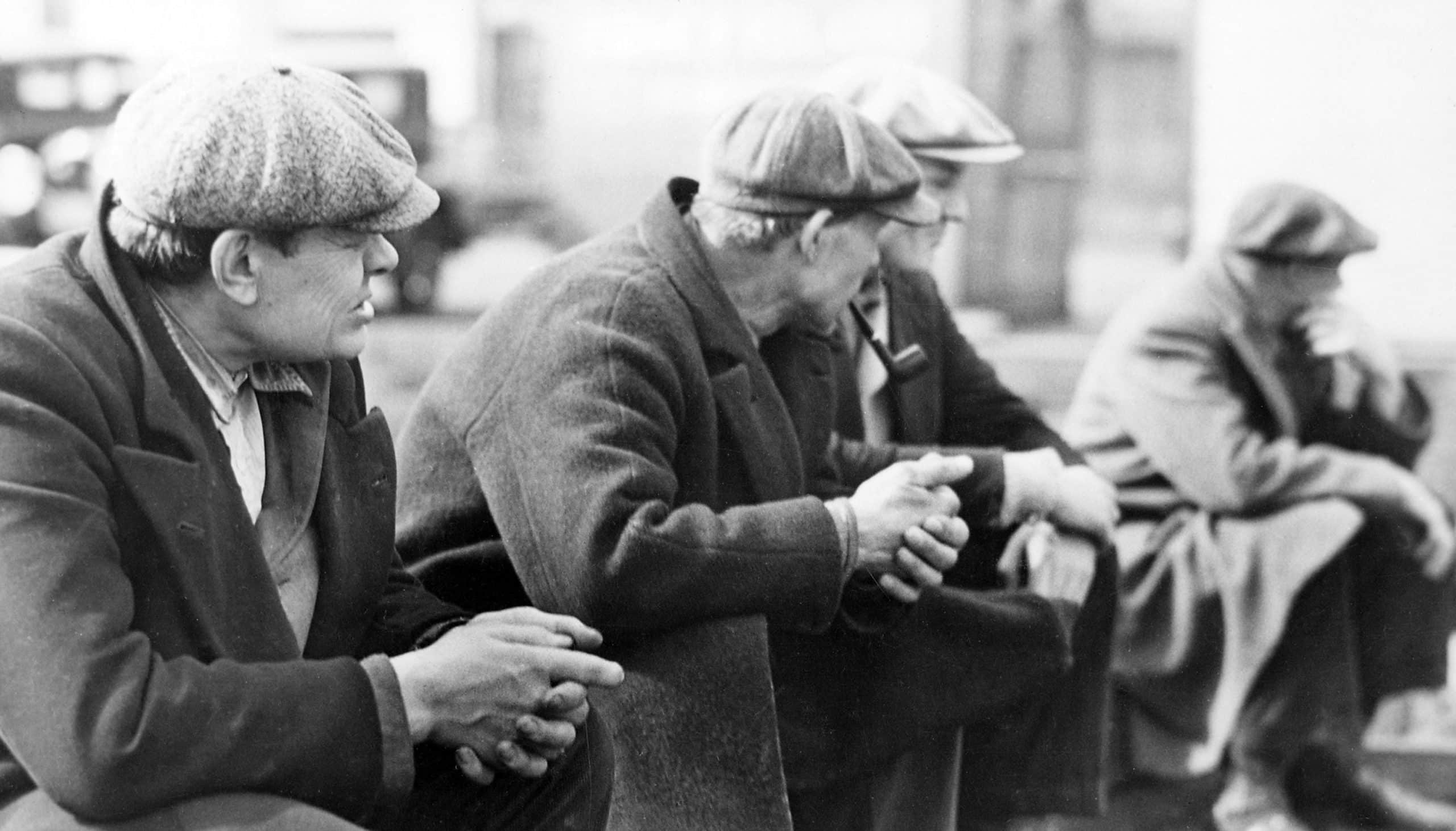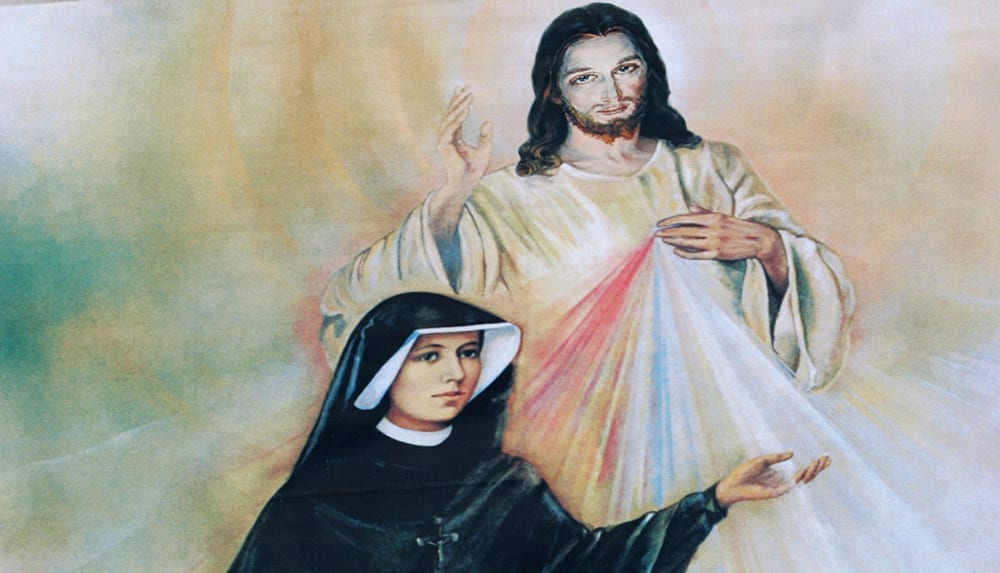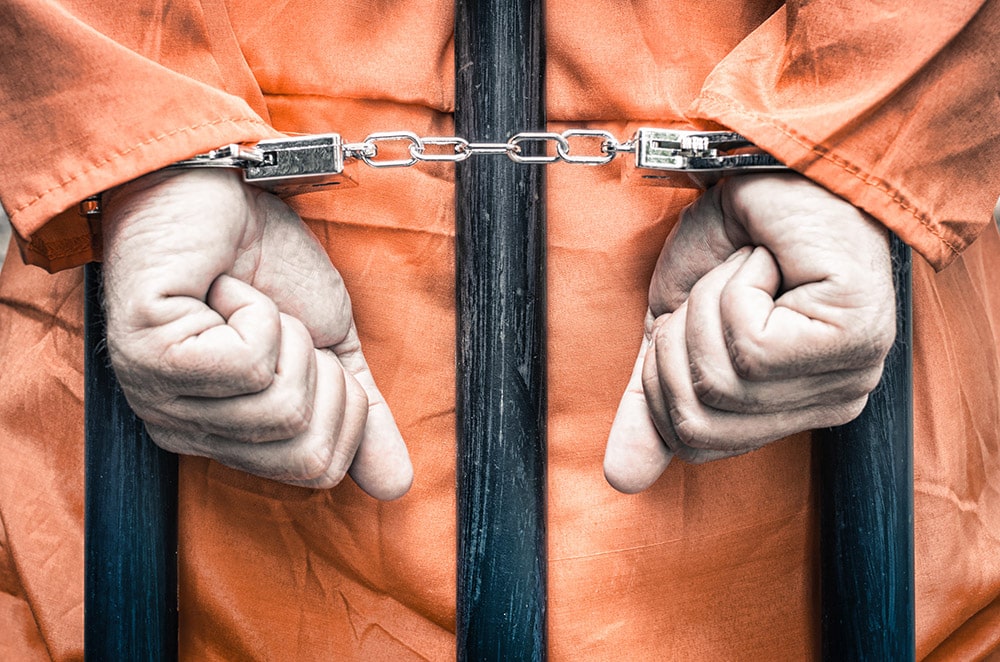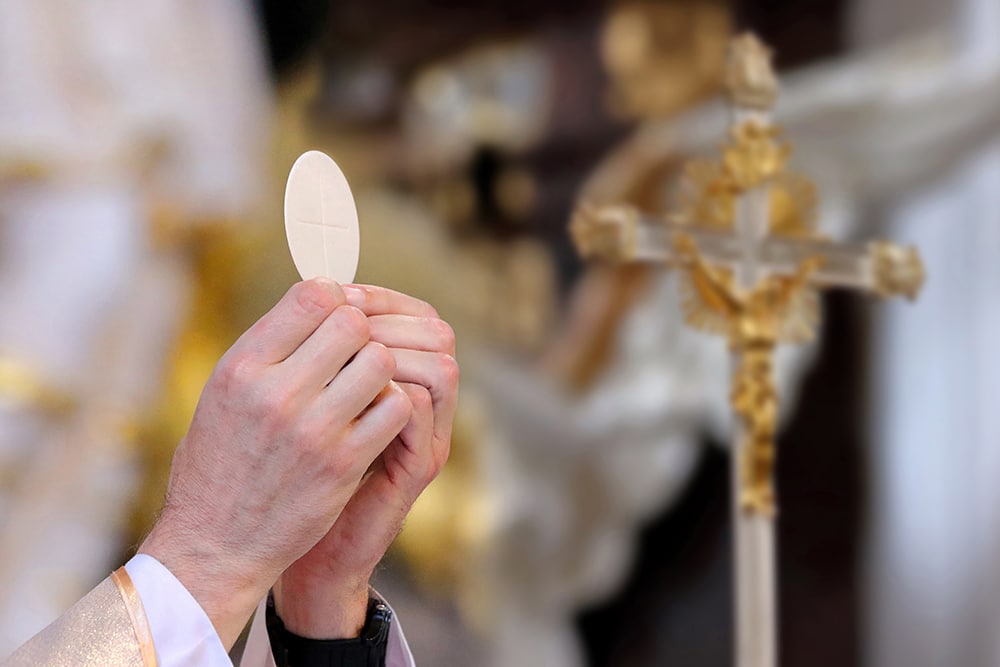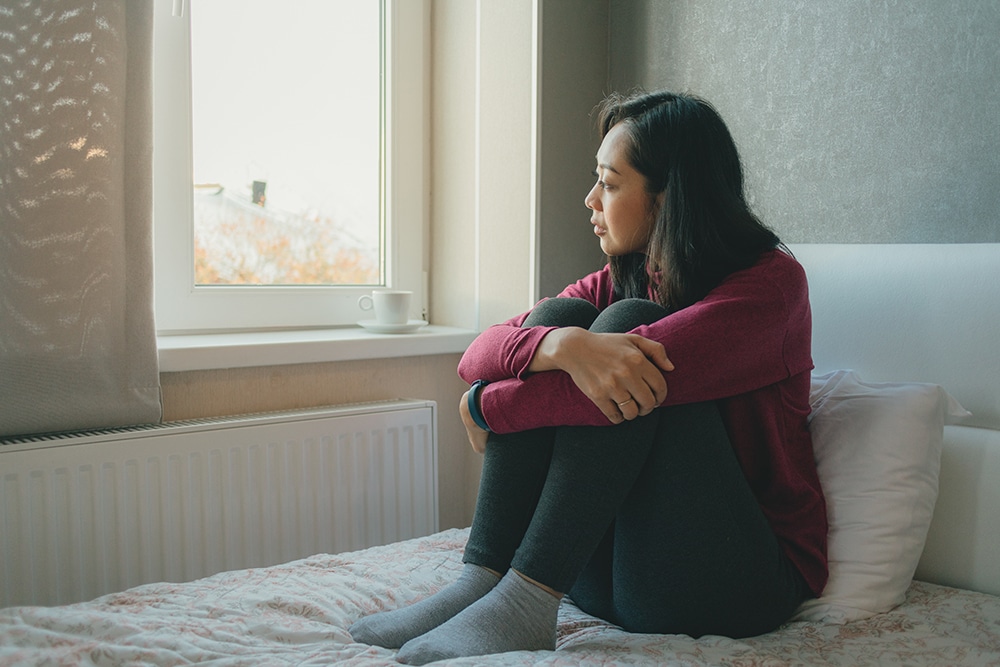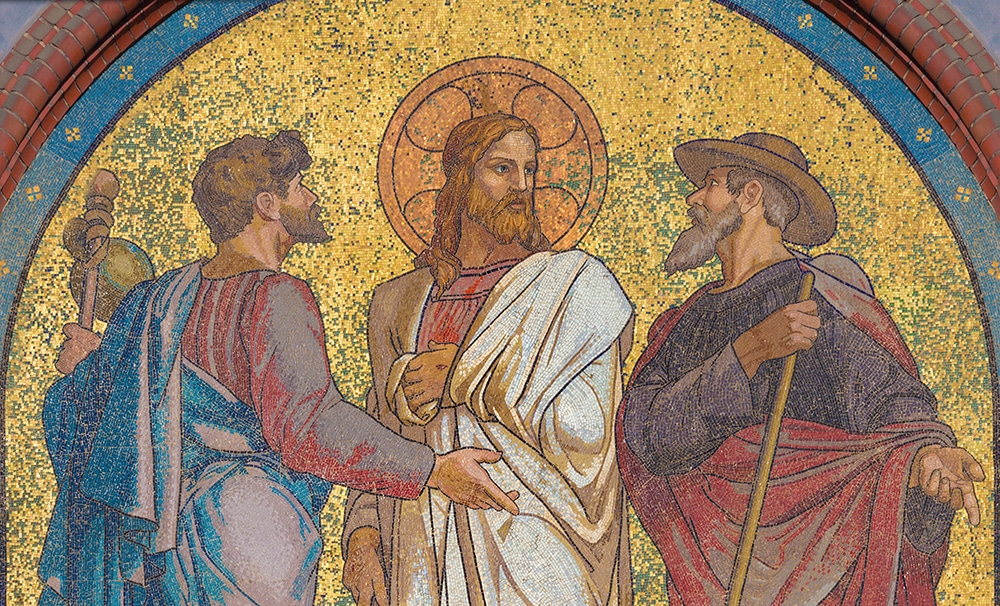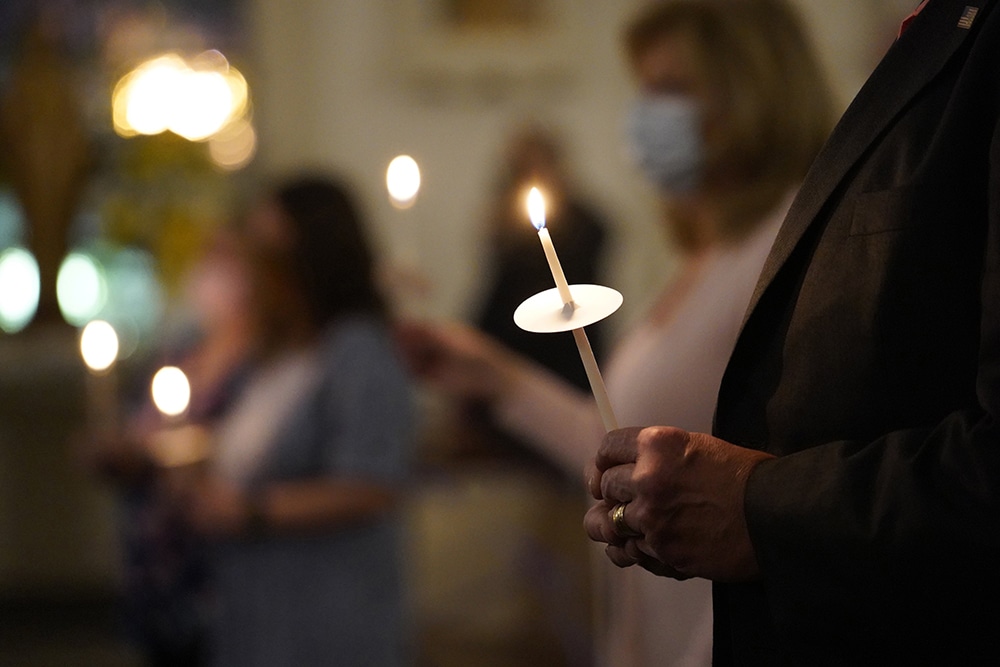 Everyone nervously, wearily and hopefully wants to see life return to normal this summer, and celebrations on July 4 will be like those of past Independence Days. Pray that his forecast comes true. Fear will be gone. Hardships will be gone. The deaths from COVID-19 will end.
Everyone nervously, wearily and hopefully wants to see life return to normal this summer, and celebrations on July 4 will be like those of past Independence Days. Pray that his forecast comes true. Fear will be gone. Hardships will be gone. The deaths from COVID-19 will end.
Whenever that great day comes, be it before, on or after July 4, if history is a guide, life will have changed. Managing the change, and making it a change for the better, is up to us.
Look at history. Now only a chapter in history books, the Great Depression — the virtual collapse of the American economy, when a third of this country’s breadwinners lost their jobs, just to name one calamity that affected millions — led to dramatic changes that now Americans take for granted.
Today, senior citizens not only receive, but expect and demand, Social Security benefits. Automobiles still are produced in this country. If full-time employees work more than 40 hours a week, they are paid overtime wages.
Within 10 years after the depression, the United States economy, improved and strengthened by measures taken to combat the depression, was the most powerful on earth; the country’s population, with conspicuous exceptions, often classified by race, was the most financially comfortable people in the world.
Rare was the American family not traumatized by the Second World War. It, too, changed life forever. Political geography changed. Millions endured communism, from Poland to China, but wonderfully good changes occurred. Because of desperate efforts by military doctors to save the lives of wounded soldiers and sailors, great advances in medicine came in the treatment of disease and injury.
Alerted by racial discrimination in the military during the war, President Harry S. Truman abolished racial desegregation in the armed services, the first step in a social revolution to bring human rights to African Americans.
When the war was over, Catholicism in the United States experienced the greatest surge in priestly vocations that it has ever known, as veterans in considerable numbers entered seminaries and eventually were ordained as priests.
Veterans who did not choose to be priests were married and began families. Churches were built by the hundreds across the country to accommodate people who wanted fully to practice their religion. Catholic schools were built, and they were filled with children of veterans. Veterans wanted their sons and daughters to know their faith.
Conversions multiplied. Firsthand experience in the horrors of war left so many veterans, and the population in general, knowing that life could and should be better. Faith in God, and minding God’s commandments, allowing Jesus to be the example, make life better.
The coronavirus pandemic and warfare are not the same, but both can lead to the same conclusion found 70 years ago. Life can have its worries and heartaches. The innocent may suffer and even die. Some are more fortunate than others. Some are ignored or left behind.
Reports of this epidemic, for instance, are replete with cases of unevenness in the management of the illness along ethnic or financial lines.
A better way is possible. Awaken, face facts and re-dedicate to the principles and ideals of the Catholic religion, just as so many veterans discovered in the Second World War. The world will be a better place, especially as it heals from the virus, if Catholics renew their commitment in God and live in the model of the Son of God.
The greatest lesson to be learned is that only in Jesus is the blueprint for change for the better.
Hopefully, the long, trying months of the COVID-19 plague, when it ends in a few months, or sooner, or later, will teach everyone this most basic and most treasured of lessons: Peace, security and joy come with life in the company of the Lord.
Easter reminded us that the Lord lives. His salvation, mercy, love and guidance live.
Msgr. Owen F. Campion is OSV’s chaplain.

